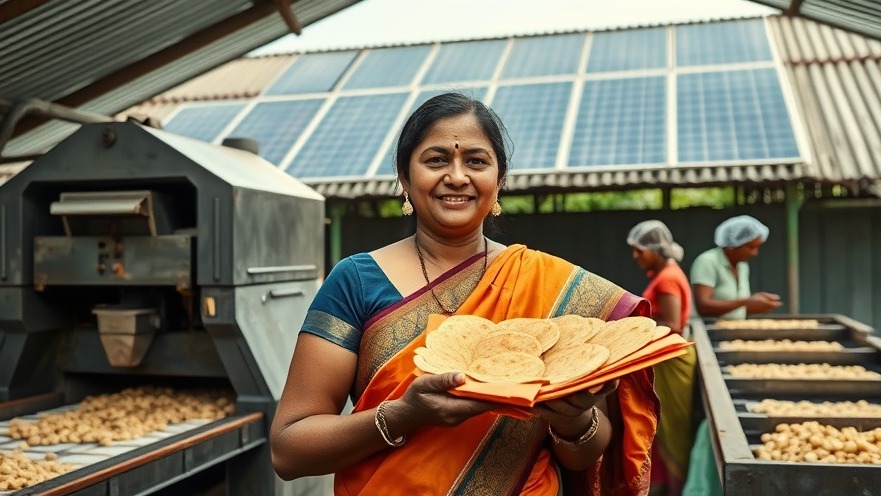
PFAS in Private Wells: An Alarming Trend in Pennsylvania
Recent research from Pennsylvania State University has shed light on a troubling environmental issue affecting private wells across the state. Almost 65% of sampled private wells showed detectable levels of per- and polyfluoroalkyl substances (PFAS), a group of chemical compounds known as "forever chemicals" due to their long-lasting presence in the environment. This alarming figure highlights the potential risks faced by the 3.5 million Pennsylvanians who rely on private wells for drinking water.
Understanding the Health Risks of PFAS
The study found that 18% of the wells exceeded the maximum contaminant levels established by the U.S. Environmental Protection Agency (EPA). While senior author Heather Preisendanz expressed a degree of relief, noting that the levels were not excessively high, the presence of PFAS in drinking water remains a public health concern. These chemicals are linked to various health issues, including immune system suppression and increased cancer risk.
Connection Between Geography and Contamination
Interestingly, the research team discovered regional variations in PFAS contamination. The highest concentrations were reported in southeastern Pennsylvania, where private wells near developed land were more likely to show contamination. This geographical insight raises important questions about urban planning and regulations surrounding land use and the impact on groundwater quality.
The Socioeconomic Factors at Play
Perhaps even more intriguing is the study's findings on socioeconomic status and PFAS levels. Contrary to assumptions, higher levels of PFAS were not consistently linked to lower-income areas. Instead, the connection appeared counterintuitive, suggesting that wealthier areas might also face similar levels of contamination. This complexity underscores the need for further research and policy adjustments to ensure safe drinking water for all residents.
Empowering Homeowners with Knowledge
Preisendanz encourages homeowners relying on private wells to test their water regularly. Simple home filtration systems can effectively reduce PFAS levels, helping ensure that families have access to safe drinking water. For boutique hospitality professionals, this knowledge is indispensable. Offering transparency about water safety can not only protect guests but also enhance your establishment's appeal by showcasing your commitment to health and sustainability.
Taking Action for a Healthier Future
The study's revelations prompt urgent discussions around water safety regulations and the impact of human activity on private water supplies. Professionals in hospitality must stay informed and proactive, not only to safeguard their guests but also to contribute positively to community health and environmental stewardship. Consider implementing eco-friendly practices in your business, such as chaos gardening and supporting nature reserves, to enhance your commitment to sustainability.
Final Thoughts and Next Steps
As the prevalence of PFAS in private wells shows, water safety cannot be taken for granted, especially in rural and semi-rural areas. Boutique hospitality professionals have the unique opportunity to lead by example by prioritizing water safety and embracing sustainable practices. This not only reassures guests but fosters a healthier environment.
 Add Row
Add Row  Add
Add 




Write A Comment